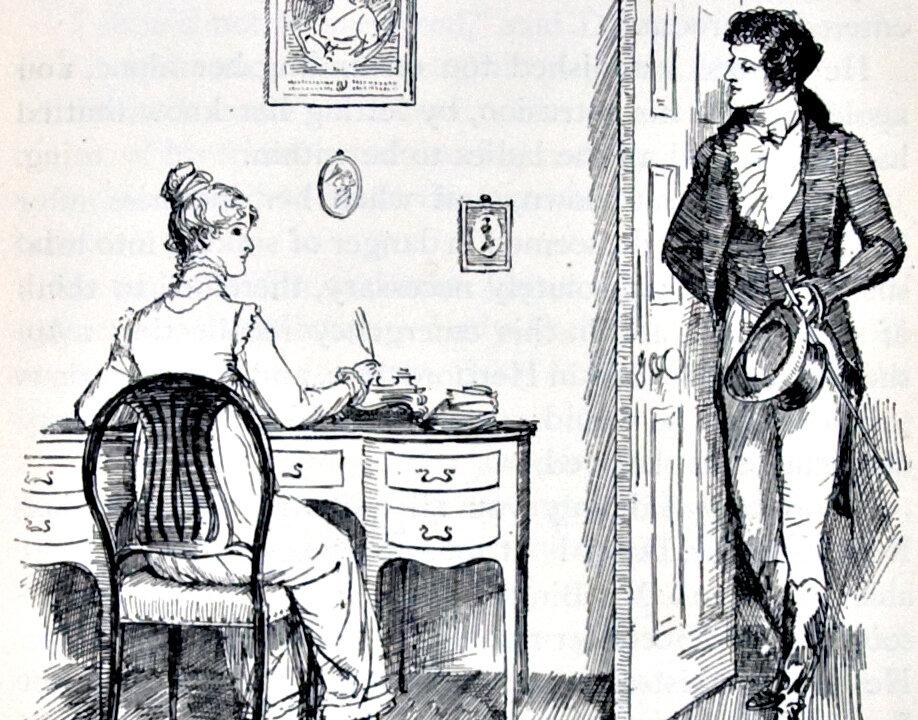TORONTO—What makes “Carmen” so fascinating? Since its Paris premiere in 1875, “Carmen” has become one of the most performed operas in the world, enchanting audiences with its vibrant music and passionate story.
According to French mezzo-soprano Clémentine Margaine, the fascination with the opera is due to the genius of Georges Bizet’s music.
“I sing a lot of ”Carmen,“ but I cannot get bored with this music,” says Margaine, who is currently performing the role with the Canadian Opera Company in Toronto.
“You think it’s very simple and popular music—almost like folk music—but actually it’s very smart. There is a lot of ingenuity inside this music. It’s complex how it’s written, but so easy to listen to,” she says.
Even for those who have never seen opera before, it’s very likely they’ve heard the enchanting “Habanera” song or the triumphant “Toreador.”
Some people have seen “Carmen” countless times and still leave the theatre humming the tunes and impressed by the freshness of the performance.
“Carmen” is also known to be a great “first opera.”
In terms of style and text, the music is very French, but it also has a strong Spanish flavour (the opera is set in Seville, Spain).
For Margaine, this combination was irresistible.
“I grew up in the south of France, near Spain, so I used to go to Spain very often, just for a weekend. I speak Spanish, I dance flamenco. I’ve always been fascinated by Spain and I love this culture.”






